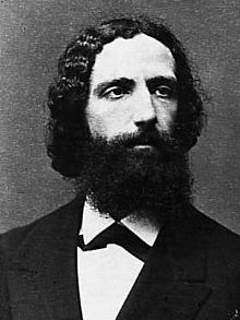
Publication details
Publisher: Springer
Place: Berlin
Year: 1994
Pages: 309-322
Series: Vienna Circle Institute Yearbook
ISBN (Hardback): 9789048144587
Full citation:
, "Reviews", in: Norms, values, and society, Berlin, Springer, 1994


Reviews
pp. 309-322
in: Herlinde Pauer Studer (ed), Norms, values, and society, Berlin, Springer, 1994Abstract
There can be no doubt that Rudolf Haller is one of the leading experts on "Austrian philosophy" of the 20th century. I will refrain here from asking once again whether philosophical movements can actually be ascribed to a particular country — in this case: Austria. Haller, who also directs the Forschungsstelle and Dokumentationszentrum für österreichische Philosophie (Research and Documentation Center for Austrian Philosophy) in Graz, has raised this question himself and answered it affirmatively in some of his earlier articles. It must, in any case, be noted that he has succeeded in directing attention to a type of thinking that was practiced by Austrian philosophers in particular. Franz Brentano, Philipp Frank, Kurt Gödel, Hans Hahn, Bela von Juhos, Ernst Mach, Otto Neurath, Karl Popper, Ludwig Wittgenstein and others developed their basic philosophical views in a cultural and political setting whose main features were the opposition to Kantian philosophy and its continuation in German idealism. Their thinking was predominated by an empiristic outlook, which valued the empirically given more highly than speculations about an "intelligible" world. This outlook was used against all sorts of idealistic metaphysics and was joined by a critical reflection on language, which sought to show how and about what one can speak meaningfully, i.e., clearly.
Cited authors

Brentano Franz

Kant Immanuel

Haller Rudolf

Mach Ernst

Wittgenstein Ludwig

Popper Karl

Hahn Hans

Gödel Kurt

Frank Philipp

Neurath Otto
Publication details
Publisher: Springer
Place: Berlin
Year: 1994
Pages: 309-322
Series: Vienna Circle Institute Yearbook
ISBN (Hardback): 9789048144587
Full citation:
, "Reviews", in: Norms, values, and society, Berlin, Springer, 1994
